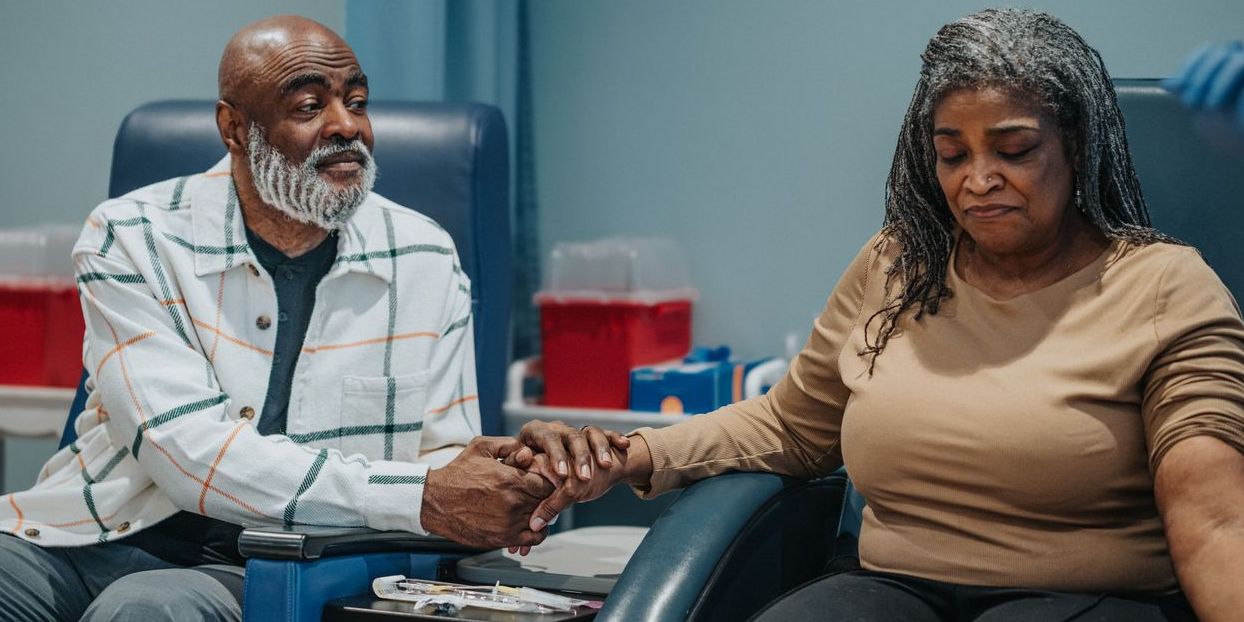The following is a summary of “Unmarried status effect on stage at presentation and treatment patterns in primary urethral carcinoma patients,” published in the February 2024 issue of Oncology by Morra et al.
Marital status has been linked to advanced cancer stages and reduced treatment intensity in various malignancies. However, the influence of unmarried status on locally advanced stage (T3-4N0-2) at presentation and utilization of bi-/trimodal therapy in primary urethral carcinoma (PUC) patients has not been extensively investigated. Researchers utilized the Surveillance, Epidemiology, and End Results (SEER) database to address these gaps.
The study group identified all non-metastatic PUC patients in the SEER database from 2000 to 2020. Logistic regression models (LRMs) were employed to examine differences in stage at presentation and treatment modalities in the overall cohort and separately by sex, based on marital status (married vs unmarried).
Among 1,430 non-metastatic PUC patients, 70% were male (n=1,004) and 30% were female (n=426). Of the male patients, 27% (n=272) were unmarried, while 56% (n=239) of the female patients were unmarried. In multivariable LRMs predicting T3-4N0-2, unmarried status independently increased the risk of locally advanced stage at presentation in the overall cohort (odds ratio [OR]: 1.31; P = 0.03) and in female patients (OR: 1.62; P = 0.02), but not in male PUC patients (P = 0.6). In multivariable LRMs predicting bi-/trimodal therapy, unmarried status was an independent predictor of lower bi-/trimodal therapy rates in the overall cohort (OR: 0.73; P = 0.02) and in male patients (OR: 0.60; P = 0.007), but not in female PUC patients (P = 0.6).
Unmarried female PUC patients were more likely to present with locally advanced stages, while unmarried male PUC patients were less likely to receive the full benefit of bi-/trimodal therapy.
Source: sciencedirect.com/science/article/abs/pii/S107814392400022X














Create Post
Twitter/X Preview
Logout